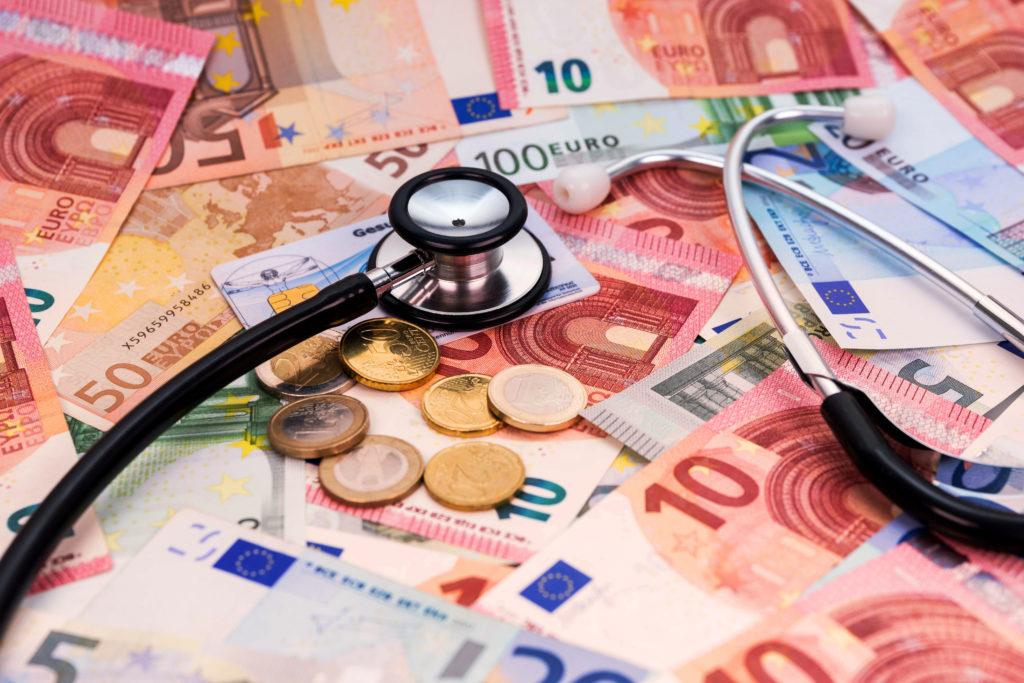FG Münster: costs belong to the private life
Higher food costs because of a bulimia may not be as an extraordinary burden is tax deductible. The catering costs are “non-deductible costs in the private Lebensführung“, the financial court of Münster decided in a on Monday, 15. In April 2019, announced the judgment (Az.: 12 K 302/17 E).

The plaintiff argued that his with him for tax purposes are assessed together mentally ill wife is suffering from the disease for around 20 years with bulimia. His wife is suffering because of her bulimia a day for at least five cravings. Per cravings attack food of up to 8,000 calories and a minimum of ten Euro “verschlungen“ would; and then again vomited, so is the husband.
It was cost-of-illness, because the satisfaction of the Searches lead to a relief of symptoms. At the tax office he made a flat rate of 80 Euro per week on disease-related food expenses as an extraordinary expense claims, a total of 4.160 Euro for the tax year 2015.
The tax office refused this request. The expenses were for the healing of the disease. However, regardless of the higher food costs are not an extraordinary burden, because they were not “zwangsläufig“ apply. Expenses of an addict to satisfy his Addiction could not be considered an unavoidable event.
The tax court rejected the recognition as an extraordinary burden in its judgment of 19. February 2019. The rise in food and non-deductible costs in the private Lebensführung“ costs “;. Food costs are not medicines and, therefore, no typical disease. They served neither the relief nor the cure of the disease, but are rather the expression of it.
According to the income tax act should also be excluded medically prescribed diet catering expressly to the deduction as an extraordinary burden. This must apply a fortiori for non-medically prescribed food cost more. The expenses many also not necessarily, because it had not been for therapeutic measures prescribed by a doctor. fle/mwo
